By Keven Milgram CFP®
Director of Financial Planning
The year 2020 started on a positive financial note. Unemployment was at an all-time low and the stock market was performing at a new high.
Then COVID hit and we spent the next few months sheltering in place. Some people were furloughed, and others lost their jobs. Families were suddenly juggling homeschooling, housework and working from home and our financial health drew the same focus as our physical health did.
We were all affected by the pandemic. Some of us felt it in our wallets. Others experienced changes in their personal health and the health of their friends and family.
As we hopefully move towards recovery, there are four financial lessons to remember:
Lesson #1: Save for a rainy day.
It is a standard recommendation to always have three-six months’ worth of living expenses put aside in a savings account. The pandemic reinforced the importance of this sage piece of advice.
Cash is king! People who lived during the Great Depression learned to always save money for a “rainy day.” We, on the other hand, live in an age of instant gratification. We see something, we want something and next thing you know, Amazon is delivering the package. One of the keys to building or rebuilding this rainy-day account is to consider continuing the frugal lifestyle practiced during the pandemic. For example, you can continue to cook your own meals at home instead of eating out, doing at home manicures and using Netflix as your prime type of entertainment. While you may be tempted to throw caution to the wind and go back to your pre-COVID lifestyle, building up your cash reserve will not only protect you in the future, but can give you a sense of confidence - something which has no price tag.
Lesson #2: Protect Your Income.
We never hesitate to insure our cars, our homes and our health. But our income, which is our greatest asset, is often left unprotected.
COVID highlighted this vulnerability. Many individuals survived having COVID but had long term hospitalizations and rehab stays during which time they did not have an income. Some went back to work and others are still recovering.
The bottom line is that anyone who is not independently wealthy should consider purchasing Disability Income Insurance, which will help replace a portion of income if you are unable to work due to a disability. This type of insurance can be tailored to your individual needs and is usually available through different sources. Purchasing insurance privately may offer you the greatest control, but insurance offered through your job or association can be more reasonable priced.
Recently, based on our advice, one of our clients, a healthcare professional in her late 20’s, purchased a Disability Income Insurance Policy. Five months later, she was injured, had surgery and was subsequently unable to work. Thankfully, she was covered by her disability policy and she received an income through her policy benefits. People never believe it is going to happen to them, but most people never thought that the current COVID situation would happen either.
Lesson #3: Put your paperwork in order.
We often put off writing our wills or assigning power of attorney or medical surrogates. Coronavirus has taught us the importance of having our affairs in order to help prevent the turmoil that can take place when illness suddenly hits, and no one has been officially designated as the decision maker.
While you are putting your estate planning documents in order, check to make sure your beneficiary list has been updated on your life insurance policy, as well as on your retirement and bank accounts. This strategic move will benefit your beneficiaries who can avoid probate court and the time and expenses associated with it.
Lesson #4: Assess your risk tolerance and reassess your account allocations.
The last few months have shown the importance of being prepared for the unexpected. The key is to direct your investments towards a specific goal: to be intentional so you are not taking unnecessary risks. That can be a difficult task to accomplish on your own. With a lot at stake, it may be time to start working with an investment advisor representative to help ensure that your goals will be met.
My recommendations are not meant to be one-size-fits all. However, the one takeaway message from which everyone can benefit is the importance of finding a professional in whom you can trust and have open conversations with about your goals and your financial future.
Life can take an unexpected turn. A good financial plan, implemented with the help of a trusted professional, can take into account those unpredictable highs and lows and help flatten your investment curve for more predictable results.
Securities and investment advisory services offered through qualified registered representatives of MML Investors Services, LLC. Member SIPC. www.SIPC.org on electronic advertisements. BLS Wealth Management is not a subsidiary or affiliate of MML Investors Services, LLC, or its affiliated companies. 1000 Corporate Drive, Suite 700, Fort Lauderdale, FL 33334, 954-938-8800. Estate Planning services are provided working in conjunction with your Estate Planning Attorney, Tax Attorney and/or CPA. Consult them for specific advice on legal and tax matters. The views and opinions expressed are those of Kevin Milgram and my not necessarily reflect those of MML Investors Services, LLC. CRN202104-267780

